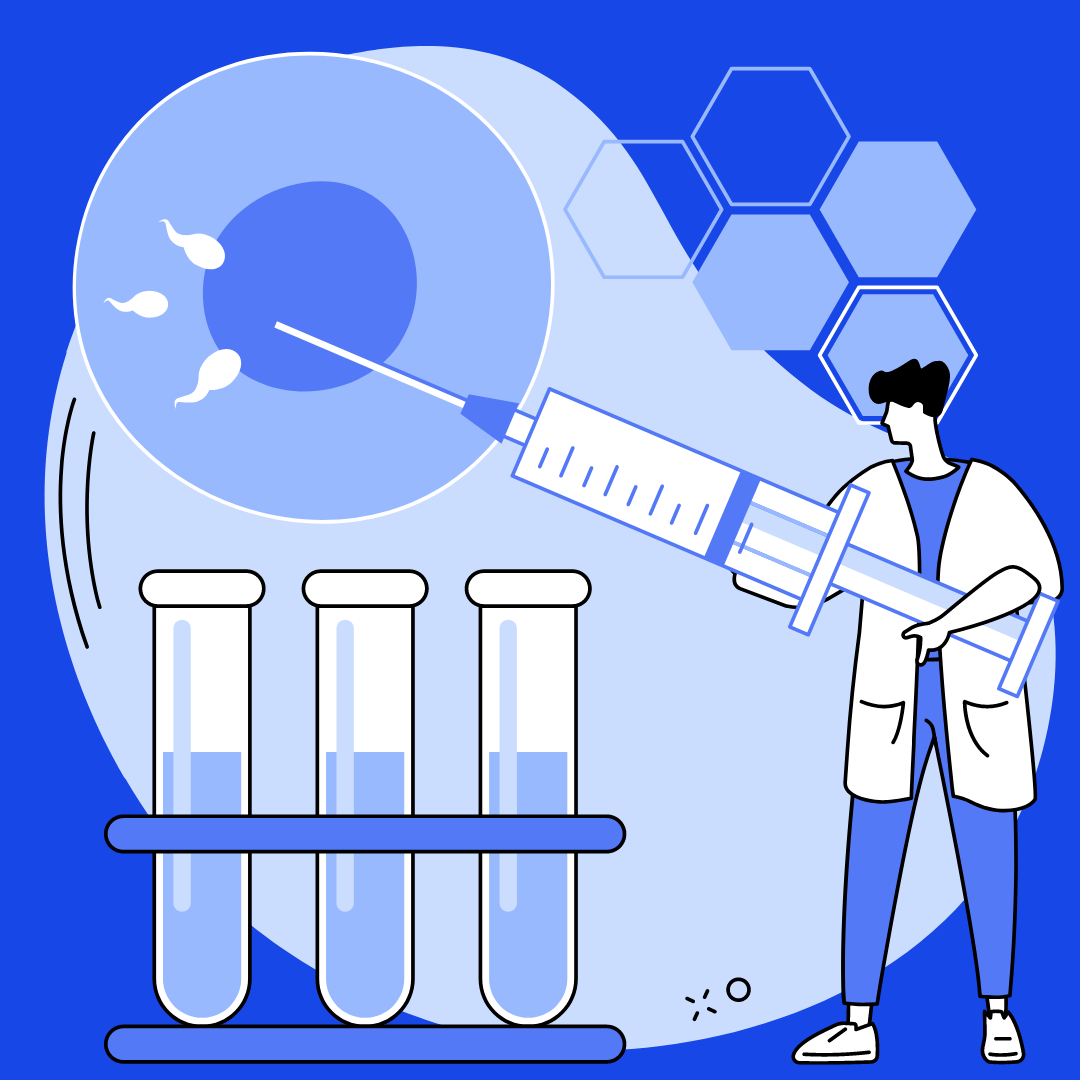Reproductive Futures: The Promises and Pitfalls of In-Vitro Gametogenesis
By Sarojini Nadimpally and Gargi Mishra,
The Wire
| 12. 15. 2024
Although IVG is still a new technology, its probable risks and potential for misuse in a regulatory vacuum call for caution rather than any call for optimism.
In-vitro fertilisation (IVF) as assisted reproductive technology (ART) has been in vogue for quite a few decades now. While IVF has been hailed as a significant scientific advancement, with many advantages, here are some limitations which bear keeping in mind in discussions about the possibilities and extent of its use in the present and the future.. It is in this context that we discuss in-vitro gametogenesis (IVG) – a new experimental reproductive technology that is currently being developed and refined, and thus debated on a number of different fronts.
The concerns about reproductive autonomy, ethics, and equity ought to be at the forefront of any discussion of advanced and experimental reproductive technologies, including IVG. Although IVG is not currently under research in India, this technology is gaining more attention in the global scientific community. Thus, it becomes imperative to engage with it critically.
Researchers claim that IVG would reduce the risks of IVF procedures by creating sperm and oocytes (eggs) directly in a lab, unlike in the case of the IVF, which requires the retrieval of eggs from ovaries, and...
Related Articles
By Diaa Hadid and Shweta Desai, NPR | 01.29.2026
MUMBRA, India — The afternoon sun shines on the woman in a commuter-town café, highlighting her almond-shaped eyes and pale skin, a look often sought after by couples who need an egg to have a baby.
"I have good eggs,"...
By George Janes, BioNews | 01.12.2026
A heart attack patient has become the first person to be treated in a clinical trial of an experimental gene therapy, which aims to strengthen blood vessels after coronary bypass surgery.
Coronary artery bypass surgery is performed to treat...
By Staff, ScienceDaily | 01.05.2026
Scientists at UNSW Sydney have developed a new form of CRISPR technology that could make gene therapy safer while also resolving a decades-long debate about how genes are switched off. The research shows that small chemical markers attached to DNA
...
Following a long-standing CGS tradition, we present a selection of our favorite Biopolitical Times posts of the past year.
In 2025, we published up to four posts every month, written by 12 authors (staff, consultants and allies), some in collaboration and one simply credited to CGS.
These titles are presented in chronological order, except for three In Memoriam notices, which follow. Many more posts that are worth your time can be found in the archive. Scroll down and “VIEW...




